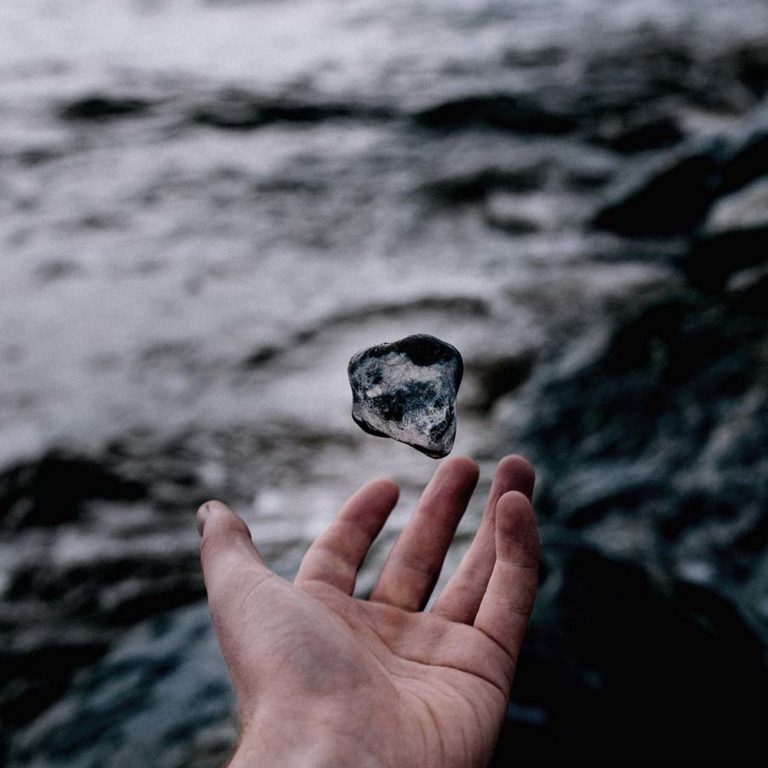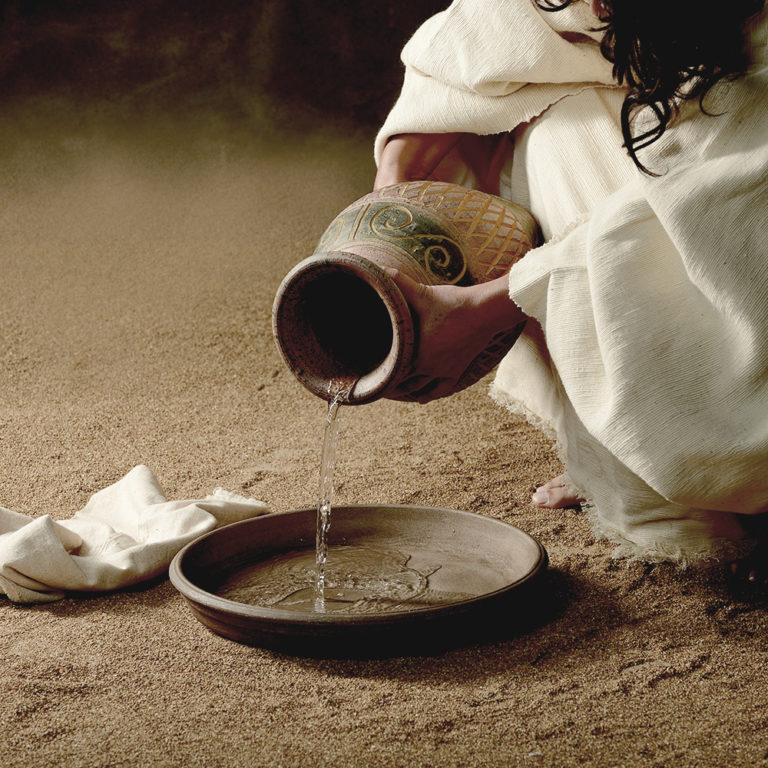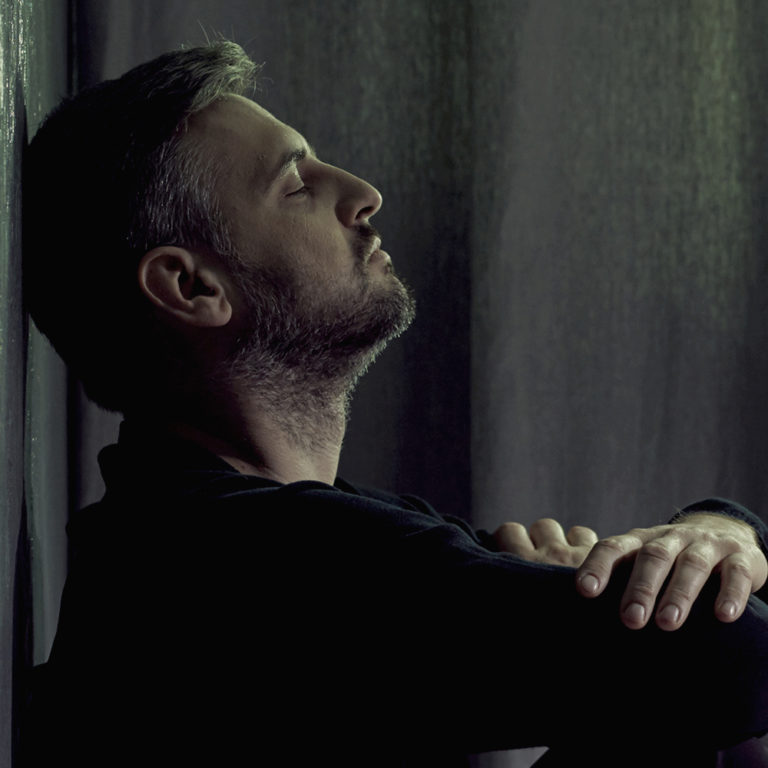The love of God is an interesting concept.
I once heard a saying that goes something like this:
‘God loves you so much that nothing you do could ever make Him love you any less.
God loves you so much that nothing you do could ever make Him love you any more.’
I really like that quote because it feels consistent with what the Bible teaches us about God’s love. That it is freely offered to us – it can’t be won or earned or even deserved. God loves us to capacity.
A woman and some stones
We see this illustrated powerfully in the life of Jesus on one occasion (which you can find in John 8.1-11 in the Bible). A woman who has been caught in adultery is brought before Jesus and as a means of trying to trap Him, her accusers ask Jesus what they should do.
According to Jewish law, the consequence of committing adultery was being stoned. The religious leaders really wanted to see Jesus advocate the death penalty over a woman where it was completely legitimate from a legal perspective.
What is interesting in this story is that Jesus does not argue with the legality of their case. He doesn’t tell them they are interpreting the law wrong and that the consequence is not meant to be that she gets stoned. He does something completely revolutionary and brilliant.
He actually gives them permission, but with one proviso as He looks the crowd in their faces, and says, “Sure go ahead. But whoever throws the first stone must be someone who is without sin.” (paraphrased)
An escape and a call to change
We are told that the men dropped the rocks they were carrying and started to slink away. Another aspect I love about this particular story is that it points out that it is the older men who drop their stones first. As if the revelation hits them a little quicker than the younger ones. “I am not without sin and so who am I to carry out the judgement.”
We are left with Jesus and the woman. He looks at her and He utters a pronouncement:
“Where are your accusers? Didn’t even one of them condemn you?
“No, Lord,” she said.
And Jesus said, “Neither do I.”
Absolution. Forgiveness. The love of God.
‘Nothing you have done or can do can ever make God love you any less.’
But that is not all that Jesus says. He speaks one final message to the woman:
“Go and leave your life of sin.”
The love of God in Jesus is so powerful that it doesn’t simply discount the mess the woman finds herself in. It provides a call out of the messiness and brokenness to a changed and transformed life.
‘Nothing you will ever do can make God love you any more.’
Jesus doesn’t suggest that God will love the woman more if she earns His love by changing her life. But rather it is the absolute love of God that she has already received that calls to her to live differently.
And the same is true for you. If you have been trying to earn God’s love, or if you have lived in fear that you have somehow lost it, you need to know that is not true. His love remains completely available to you. But at the same time, God will always call you to live the best, most transformed life that you can.











